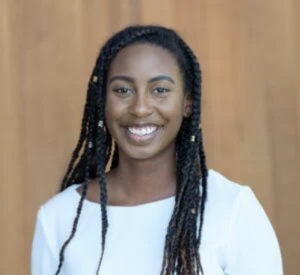The potential impact on minority women became all the more clear last week with the leak of a draft of Supreme Court opinion suggesting the court’s conservative majority is poised to overturn the landmark 1973 decision legalizing abortion.
The draft decision is not yet final but it sent shockwaves through the country. Overturning the Roe v. Wade decision would give states authority to decide abortion’s legality. Roughly half, largely in the South and the Midwest, are likely to quickly ban abortion.
When it comes to the effect on minority women, the numbers are clear. In Mississippi, people of color comprise 44% of the population but 81% of women receiving abortions, according to the Kaiser Family Foundation, which tracks health statistics.

Tyler Harden, Planned Parenthood Southeast Mississippi Director
In Alabama, people of color represent 35% of the population and 69% of women receiving abortions. In Louisiana, people of color constitute 42% of the population, according to the state’s health department, and about 72% of those receiving abortions.
“Abortion restrictions are racist,” said Cathy Torres, an organizing manager with Frontera Fund, a Texas organization that helps women pay for abortions. “They directly impact people of color, Black, brown, Indigenous people … people who are trying to make ends meet.”


